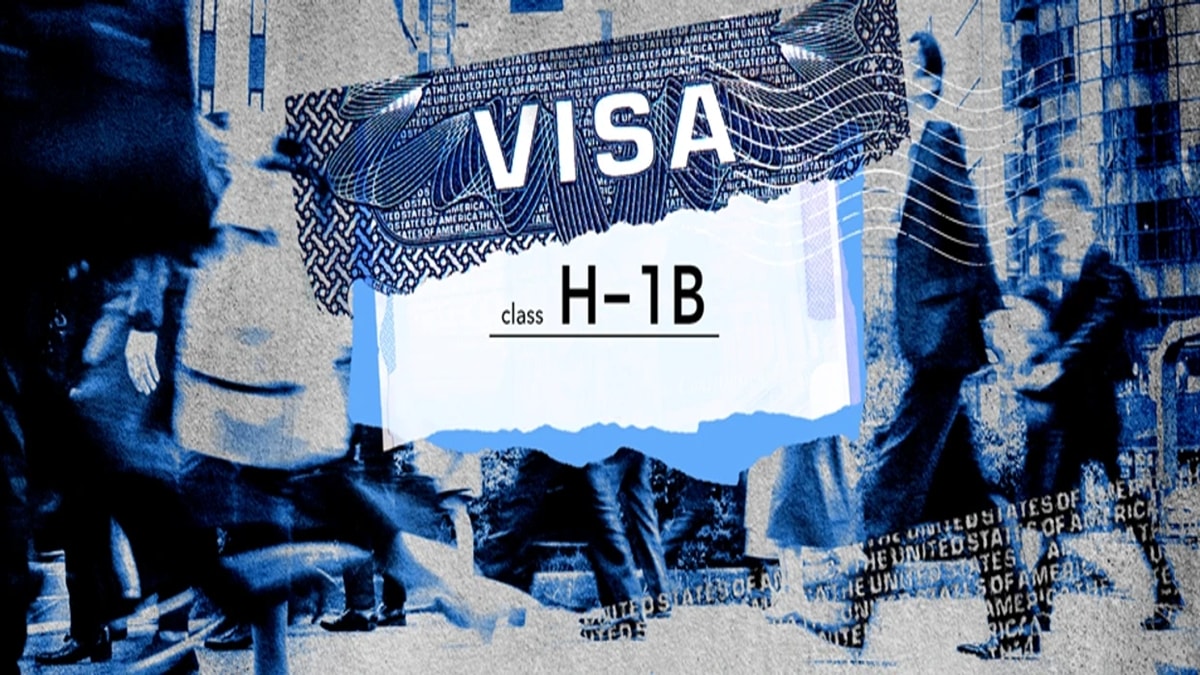DHS Proposes Weighted H-1B Lottery: Prioritizing Higher Wages, Seeking Public Comment
This proposed shift fundamentally alters the H-1B lottery from a random chance to a system prioritizing higher wages, significantly impacting selection odds for applicants and potentially increasing costs for small businesses.
Article Summary
The Department of Homeland Security (DHS) has proposed a revised rule for the H-1B visa lottery, aiming to implement a weighted selection process that favors higher-skilled and higher-paid foreign workers. This change would replace the current random selection system with one that gives beneficiaries at higher wage levels (II-IV) more entries into the lottery. Public comments on the proposed rule are invited until October 24, 2025, with potential significant impacts on selection probabilities for various wage levels and small businesses.
[ Sentiment: neutral | Tone: factual ]
This summary and analysis were generated by TheNewsPublisher's editorial AI. This content is for informational purposes only; it does not constitute legal or immigration advice.
TNP AI: Key Insights
This proposed rule marks a pivotal departure from the long-standing random H-1B lottery system, moving towards a merit-based approach tied directly to wage levels. For skilled professionals, particularly those in higher-paying roles, this could dramatically increase their chances of selection, with Level IV beneficiaries seeing a projected 107% increase in probability. Conversely, those in lower wage levels face a substantial decrease in their odds, which could reshape career entry points for some foreign workers in the U.S.
The implications extend significantly to employers, especially small businesses, who may find it harder to secure H-1B talent at entry-level or lower-wage positions. This could necessitate adjustments in hiring strategies and compensation structures to remain competitive in the H-1B landscape. Stakeholders, including employers, attorneys, and visa holders, have a critical window until October 24, 2025, to submit comments and influence the final shape of this rule.





